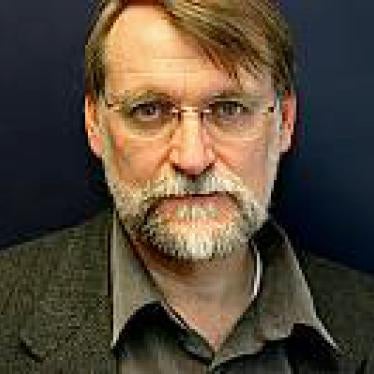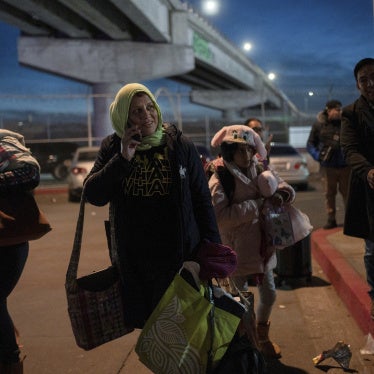Seven days after his inauguration, US President Donald Trump signed the now infamous executive order that would ban all nationals from seven predominantly Muslim countries. He apparently didn’t want to waste one minute in “Protecting the Nation from Foreign Terrorist Entry into the United States” – the title of the order.
After a federal district judge stayed the order, Trump tweeted:
Just cannot believe a judge would put our country in such peril. If something happens blame him and court system. People pouring in. Bad!
— Donald J. Trump (@realDonaldTrump) February 5, 2017
After the 9th circuit court of appeals upheld that ruling, he tweeted:
SEE YOU IN COURT, THE SECURITY OF OUR NATION IS AT STAKE!
— Donald J. Trump (@realDonaldTrump) February 9, 2017
It’s now March. The administration took no further court action, and has delayed signing a revised order at least three times. “We want the [executive order] to have its own ‘moment,’” a White House official said, apparently timed for maximum political effect.
What happened to urgently stopping foreign terrorists from pouring into the country?
The courts saw through the hype.
When a district judge in Virginia issued a preliminary injunction against the order, she said the government had “not offered any evidence to identify the national security concerns that allegedly prompted this EO, or even described the process by which the president concluded that the action was necessary.”
Ten former senior US national security and intelligence officials – including two former secretaries of state and former directors of the Central Intelligence Agency and the National Security Agency – said the same. “We all are…unaware of any specific threat that would justify the travel ban established by the Executive Order issued on January 27, 2017,” their brief to the court read. “We view the Order as one that ultimately undermines the national security of the United States, rather than making us safer.”
The administration’s national security rationale for the ban looks even thinner when you consider that as a candidate, Trump called for “a total and complete shutdown of Muslims entering the United States.” Former New York City Mayor Rudy Giuliani said Trump asked him to “show me the right way to do it legally.”
A revised order will come out, perhaps even this week. No doubt it will be cleaned up some. But whatever cosmetics are applied to make it look more legally sound, they can’t cover up the blemished history of this order, which is more indicative of prejudice against Muslims than a legitimate way to protect Americans.









